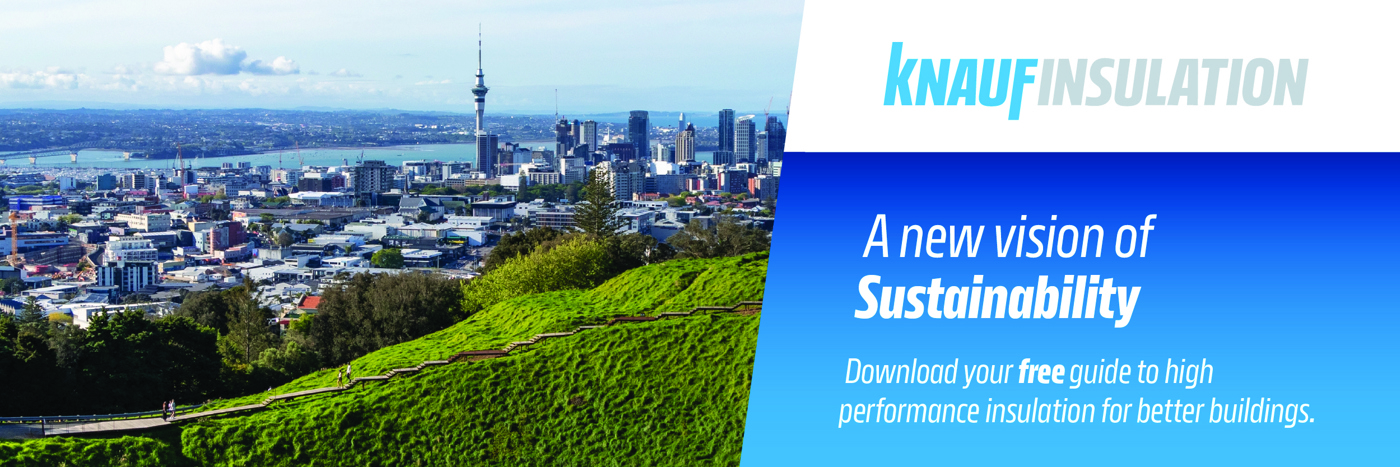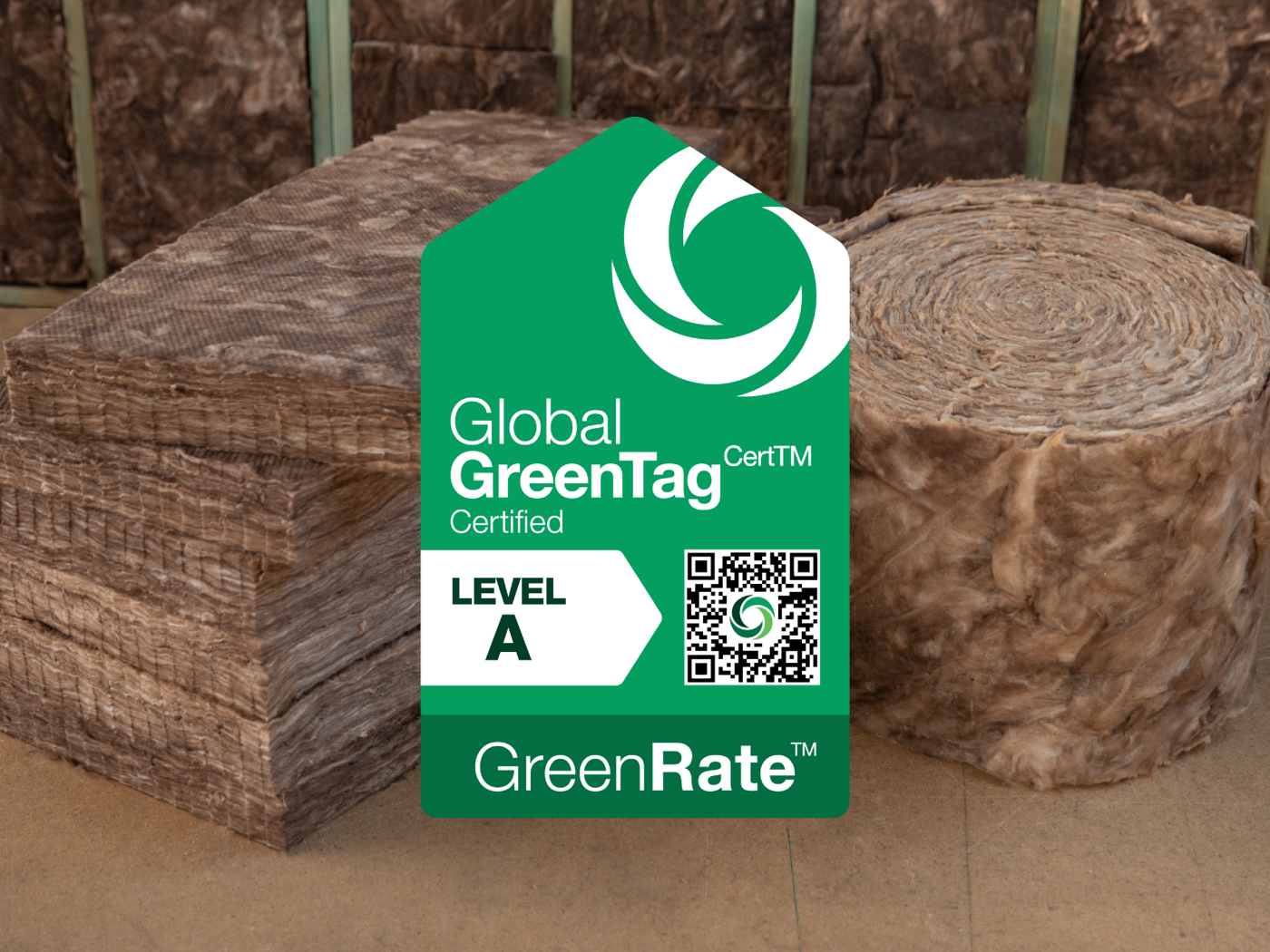
Knauf Insulation is proud to announce the launch of their new Sustainability Guide: A New Vision of Sustainability.
In New Zealand, sustainability is transforming the construction industry, with legislation, green building rating schemes and consumer expectations driving demand for sustainable solutions as the industry aims to reduce carbon emissions of buildings.
Knauf Insulation has always been driven by sustainability and this is further endorsed by their ‘For A Better World’ strategy with their 2032 goal to reduce scope 1 & 2 carbon emissions by 50% and be net zero by 2045.
But true sustainability is about more than just carbon reduction. Choosing the right insulation shapes a building’s environmental impact at every stage of its life, from manufacturing to end-of-life and beyond.
With so many factors to consider when it comes to sustainable specification, and so many environmental product claims out there, clear practical information is needed.
A New Vision of Sustainability cuts through all this information, breaking sustainable construction into four key principles to highlight how Knauf Insulation products and processes can help you to create better buildings with confidence:
-
Prioritising energy efficiency
-
Choosing low-carbon materials
-
Creating healthy buildings
-
Minimising product waste
Knauf Insulation are addressing waste reduction and minimising embodied carbon through their materials, manufacturing, and packaging, and since 2009, their unique plant-based binder, ECOSE®, has been utilised in their glasswool products. And unlike traditional glasswool insulation, the ECOSE® binder uses no added formaldehyde, earning Knauf Insulation products the DECLARE ‘Red List Free’ status. These impacts are all detailed in their Environmental Product Declarations (EPD), providing the industry with the latest verified information.
By addressing sustainable specification through each of these principles, Knauf Insulation are empowering the construction industry to make more informed decisions about the insulation materials they choose to specify, sell, and use.


Discover everything you need to know when it comes to choosing sustainable insulation materials and learn about the key principles of sustainable specification for delivering better buildings.
